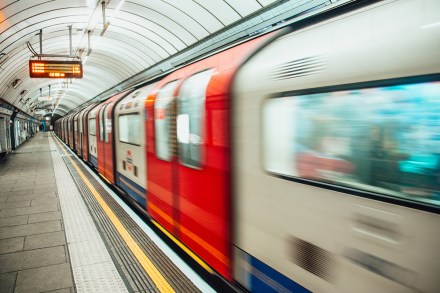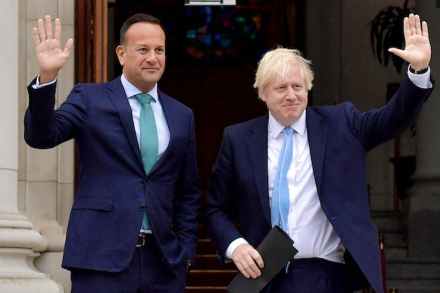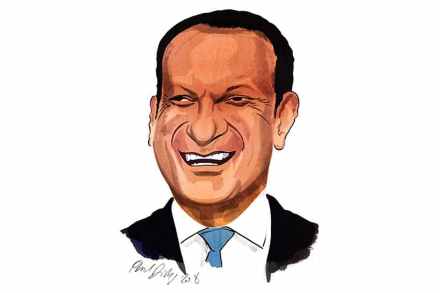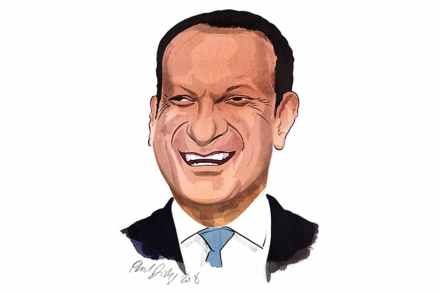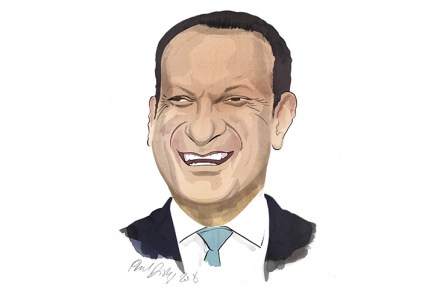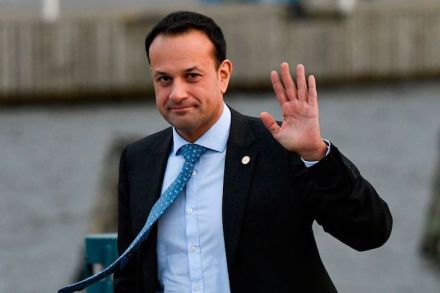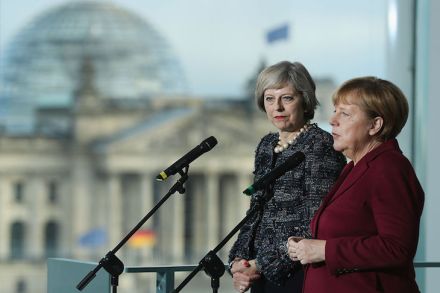Drama on the London Underground
The girl lay slumped against a wall in front of me and someone ran to push the emergency button. I was nearly at the bottom of the Jubilee line escalator when I came across this scene. I found it shocking, but then I’m not used to drama these days. An eventful day in West Cork is popping to the small supermarket in the village to meet my friend June for a takeaway coffee while she sits in her car selling tickets for the pitch and putt lottery. Someone we know might walk past while she’s hanging out of her driver’s window passing tickets to customers, and they might climb into
